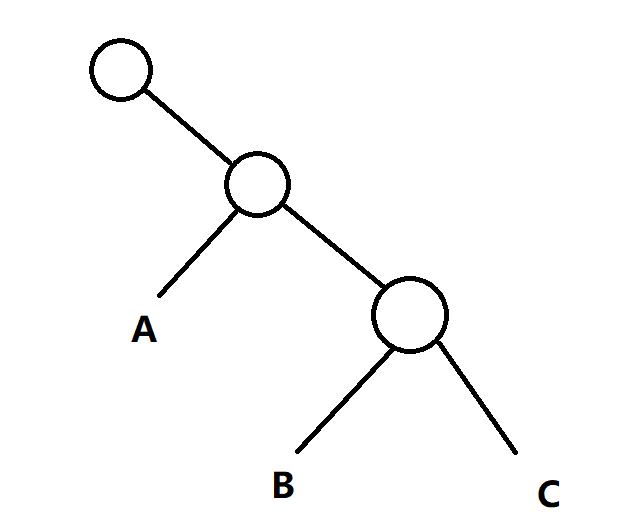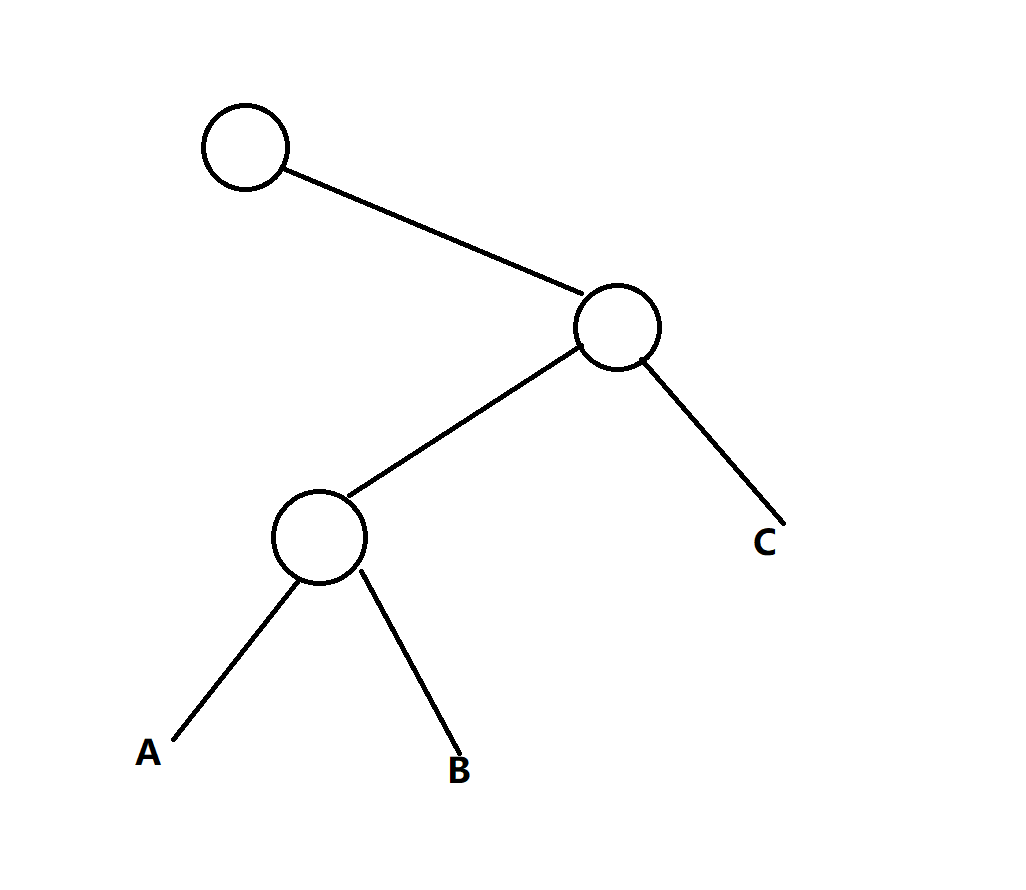1
2
3
4
5
6
7
8
9
10
11
12
13
14
15
16
17
18
19
20
21
22
23
24
25
26
27
28
29
30
31
32
33
34
35
36
37
38
39
40
41
42
43
44
45
46
47
48
49
50
51
52
53
54
55
56
57
58
59
60
61
62
63
64
65
66
67
68
69
70
71
72
73
74
75
76
77
78
79
80
81
82
83
84
85
86
87
88
89
90
91
92
93
94
95
96
97
98
99
100
101
102
103
104
105
106
107
108
109
110
111
112
113
114
115
116
117
118
119
120
121
122
123
124
125
126
127
128
129
130
131
132
133
134
135
136
137
138
139
140
141
142
| #include <bits/stdc++.h>
using namespace std;
namespace Legendgod {
namespace Read {
#ifdef Fread
const int Siz = (1 << 21) + 5;
char buf[Siz], *iS, *iT;
#define gc() (iS == iT ? (iT = (iS = buf) + fread(buf, 1, Siz, stdin), iT == iS ? EOF : *iS ++ ) : *iS ++)
#define getchar gc
#endif
template <typename T>
void r1(T &x) {
x = 0; int f(1); char c(getchar());
for(; !isdigit(c); c = getchar()) if(c == '-') f = -1;
for(; isdigit(c); c = getchar()) x = (x * 10) + (c ^ 48);
x *= f;
}
template <typename T, typename...Args>
void r1(T &x, Args&...arg) {
r1(x), r1(arg...);
}
}
using namespace Read;
const int maxn = 2e5 + 5;
namespace Splay {
struct Node {
int val, siz, ts, fa, ch[2];
}t[maxn];
int tot(0), rt(0);
struct Seg {
#define ls t[p].ch[0]
#define rs t[p].ch[1]
void Prepare(int p,int c) { ls = rs = 0, t[p].fa = 0, t[p].ts = t[p].siz = 1, t[p].val = c; }
void Clear(int p) { ls = rs = t[p].fa = t[p].ts = t[p].siz = t[p].val = 0; }
void pushup(int p) { if(!p) return ; t[p].siz = t[p].ts; if(ls) t[p].siz += t[ls].siz; if(rs) t[p].siz += t[rs].siz; }
int pd(int p) { return t[t[p].fa].ch[1] == p; }
void Rotate(int p) {
int f = t[p].fa, ff = t[f].fa, k = pd(p);
t[p].fa = ff;
if(ff) t[ff].ch[pd(f)] = p;
t[f].ch[k] = t[p].ch[!k], t[t[p].ch[!k]].fa = f;
t[p].ch[!k] = f, t[f].fa = p;
pushup(p), pushup(f);
}
void Splay(int p,int goal = 0) {
for(int f; (f = t[p].fa) != goal; Rotate(p)) if(t[f].fa != goal) {
Rotate(pd(f) == pd(p) ? f : p);
}
rt = p;
}
void Insert(int c) {
int p = rt, ff = 0;
while(p && t[p].val != c) ff = p, p = t[p].ch[c > t[p].val];
if(t[p].val == c) ++ t[p].ts, Splay(p);
else {
int p = ++ tot; Prepare(p, c);
if(ff) t[p].fa = ff, t[ff].ch[c > t[ff].val] = p;
Splay(p);
}
}
void Find(int c) {
int p = rt; if(!p) return ;
while(t[p].val != c && t[p].ch[c > t[p].val]) p = t[p].ch[c > t[p].val];
return Splay(p);
}
int Near(int c,int opt) {
Find(c); int p = rt;
if((opt && t[p].val > c) || (!opt && t[p].val < c)) return p;
for(p = t[p].ch[opt]; t[p].ch[!opt]; p = t[p].ch[!opt]);
return p;
}
void Del(int c) {
int pre = Near(c, 0), suf = Near(c, 1);
Splay(pre, 0), Splay(suf, pre);
int p = t[suf].ch[0];
if(t[p].ts > 1) -- t[p].ts, -- t[p].siz, Splay(p);
else t[suf].ch[0] = 0, Clear(p), Splay(suf);
}
int Rnk(int c) { return Find(c), t[t[rt].ch[0]].siz; }
int Kth(int K) {
int p = rt;
if(t[p].siz < K) return -1;
while(1) {
if(ls && t[ls].siz >= K) p = ls;
else {
K -= t[p].ts + (ls ? t[ls].siz : 0);
if(K <= 0) return t[p].val;
p = rs;
}
}
}
#undef ls
#undef rs
}T;
}
using namespace Splay;
int n;
const int inf = 0x3f3f3f3f;
signed main() {
int i, j;
r1(n);
T.Insert(- inf), T.Insert(inf);
for(i = 1; i <= n; ++ i) {
int opt, c; r1(opt, c);
switch(opt) {
case 1: T.Insert(c); break;
case 2: T.Del(c); break;
case 3: printf("%d\n", T.Rnk(c)); break;
case 4: printf("%d\n", T.Kth(c + 1)); break;
case 5: printf("%d\n", t[T.Near(c, 0)].val); break;
case 6: printf("%d\n", t[T.Near(c, 1)].val); break;
default: break;
}
}
return 0;
}
}
signed main() { return Legendgod::main(), 0; }
|









![[UR #19]通用测评号](https://img.xjh.me/random_img.php?type=bg&ctype=nature&return=302&seed=12)
